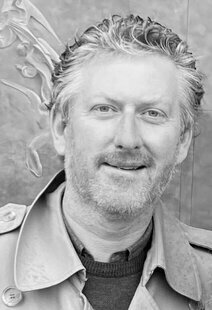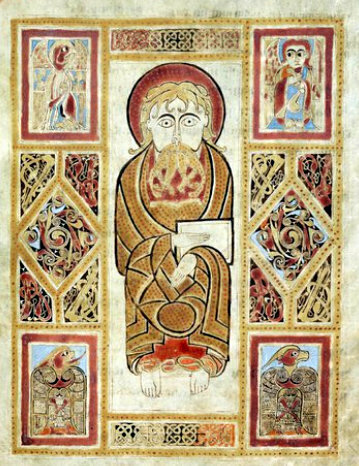
Alexander O'Hara is a medieval historian interested in the cultural perception of Ireland. Currently a Fulbright Fellow and Visiting Scholar in the Department of Celtic Languages & Literatures at Harvard University, he has earned degrees at St. Andrews University and the University of Oxford, and is a Research Fellow in Historical Theology at the Loyola Institute, Trinity College Dublin.
While at Harvard, he is working on his sixth book project—one that explores the shifting cultural perceptions of Ireland and the Irish from Antiquity to the mid-thirteenth century. It is provisionally titled Savage/ Saint Island: Imagining Ireland and the Irish from Antiquity to the Anglo-Norman Conquest of Ireland.
In his talk at the Keough-Naughton Institute, Dr. O'Hara will explore the topic of the Irish in the Carolingian Court and a changing European identity.

During the eighth and ninth centuries, Irish clergymen and theologians such as Virgil of Salzburg, Dicuil, Sedulius Scottus, and John Scottus Eriugena were drawn to the courts of the Carolingian kings and emperors. They served as advisors, teachers, and theologians for their royal and episcopal patrons in Frankia. As had been the case with the Merovingian court of the seventh century, the Carolingian court to an even greater extent brought together a cosmopolitan multi-ethnic array of courtiers, clergymen, and scholars that served as a middle ground for an emerging European consciousness. A new European dialectic emerged from this cultural mixing, one grounded in a biblical hermeneutics of the Franks as the new Israel. Coming from the margins of Europe, the Irish embraced a more inclusive strategy than their English counterparts that put them within this new European framework. This lecture explores how these Irish immigrants wrote about their place within Europe and their identity as Irishmen.
Co-sponsor: The Medieval Institute